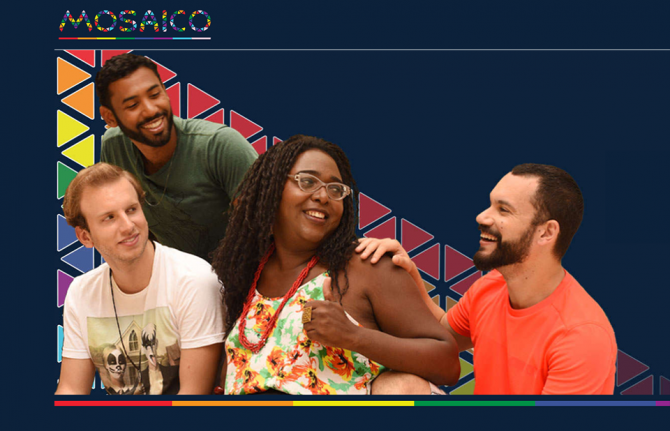

Press Statement
The end of the Mosaico vaccine trial must be a spur to deliver HIV treatment and prevention options to all who need them says UNAIDS
23 January 2023 23 January 2023GENEVA, 23 January 2023— The end of the Mosaico HIV vaccine trial must lead to a continued drive to innovate as well as an urgency to ensure that proven HIV prevention and treatment options reach all who need them, says UNAIDS. Rapid progress against the HIV pandemic is possible if existing prevention and treatment options are made available through the sharing of technologies, expanding provision, and tackling barriers to access. The development, and sharing, of long-acting prevention and treatment options are also important to expand coverage.
“The disappointment of the vaccine trial further underlines the importance of rolling out available HIV treatment and prevention innovations, including oral PrEP, long acting injectables and the vaginal ring,” said UNAIDS Executive Director, Winnie Byanyima. “The search for a vaccine must continue, but it’s important to remember that despite this setback the world can still end AIDS by 2030 by delivering all the proven prevention and treatment options to all the people who need them.”
Although there were no safety concerns flagged during the vaccine trial, it is being discontinued after an independent review of the research found no evidence of reduced risk of HIV infection among participants. The trial began in 2019 as a private-public partnership that included the United States National Institute of Allergy and Infectious Diseases, Janssen Vaccines & Prevention B.V., the HIV Vaccine Trials Network and the United States Army Medical Research and Development Command. The trial enrolled 3900 men who have sex with men and transgender people across eight countries in Europe and the Americas, including the United States. Participants received four injections over 12 months, either of the vaccine or a placebo, with the monitoring board finding no significant difference in the HIV acquisition rate between the two groups.
Global research efforts into vaccines and a cure must carry on. At the same time, the world cannot wait for, or depend on, a vaccine or cure. The end of AIDS by 2030, as promised, is still possible, but leaders have no time to wait.
UNAIDS
The Joint United Nations Programme on HIV/AIDS (UNAIDS) leads and inspires the world to achieve its shared vision of zero new HIV infections, zero discrimination and zero AIDS-related deaths. UNAIDS unites the efforts of 11 UN organizations—UNHCR, UNICEF, WFP, UNDP, UNFPA, UNODC, UN Women, ILO, UNESCO, WHO and the World Bank—and works closely with global and national partners towards ending the AIDS epidemic by 2030 as part of the Sustainable Development Goals. Learn more at unaids.org and connect with us on Facebook, Twitter, Instagram and YouTube.
